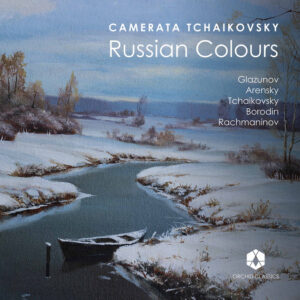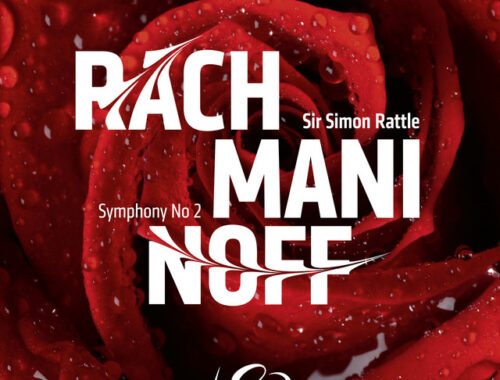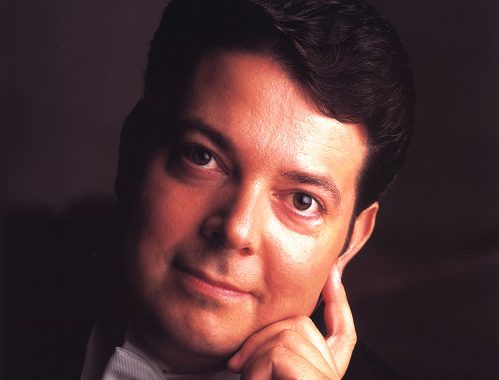GRAMOPHONE Review: Russian Colours – Camerata Tchaikovsky/Zhislin
 The small and perfectly formed have come into their own during the pandemic with new and existing chamber arrangements making virtue out of necessity and ensembles like Yuri Zhislin’s terrific 19-strong Camerata Tchaikovsky fashioning more of less (or less of more) in pursuit of an expanded repertoire. This latest collection of Russian sweetmeats honours its namesake by cherry-picking some old favourites and reimagining the strange but enticing hybrid that is Glazunov’s Concerto for Saxophone and String Orchestra.
The small and perfectly formed have come into their own during the pandemic with new and existing chamber arrangements making virtue out of necessity and ensembles like Yuri Zhislin’s terrific 19-strong Camerata Tchaikovsky fashioning more of less (or less of more) in pursuit of an expanded repertoire. This latest collection of Russian sweetmeats honours its namesake by cherry-picking some old favourites and reimagining the strange but enticing hybrid that is Glazunov’s Concerto for Saxophone and String Orchestra.
It’s a smart idea but I have to say I had my doubts about substituting viola for alto sax in this unexpected opus not least because it kind of neutralises the anomaly of the piece in its quest to make a born classicist of a jazzy rebel-rouser. For sure the viola’s dusky melancholy sits well in its context (though there are the odd figurations which clearly sound like they were written for a wind and not a stringed instrument) but the saxophone’s plangency does make for an altogether different brand of wistfulness and it’s that tension between the conventionality of its style and the shiny newness of its protagonist that gives the piece its oddball charm. That said, if you didn’t know the original you would happily assume that it had been written for viola and strings – and that is a compliment to Zhislin, both as a player and as an arranger. And heaven knows we need more viola concertos.
For the rest, the new setting of Arensky’s String Quartet No 2 takes its lead from the full string orchestra arrangement of the middle movement Variations on a Theme of Tchaikovsky (his Children’s Song ‘Legend’) which achieved greatest popularity in that form and shines here in tandem with Zhislin’s expansion of the movements on either side of it. The sombre main theme of the first movement resonates with more of an air of Russian orthodoxy while the glimpse of Boris Godunov in the main theme of the finale becomes somehow more ‘operatic’ in its projection.
The three perennial (and exquisite) favourites which complete the collection enjoy beautifully nuanced performances. The Andante Cantabile from Tchaikovsky’s First String Quartet is the very epitome of melancholic consolation while the elaboration of the slow movement from Borodin’s Second Quartet now invokes more not less of the lushness of its reincarnation in the Forrest and Wright musical Kismet. ‘And This Is My Beloved’ indeed. As for Rachmaninov’s Vocalise its glorious unfettered line assumes the ascendency in whatever voice or voices enjoy the singing of it.




